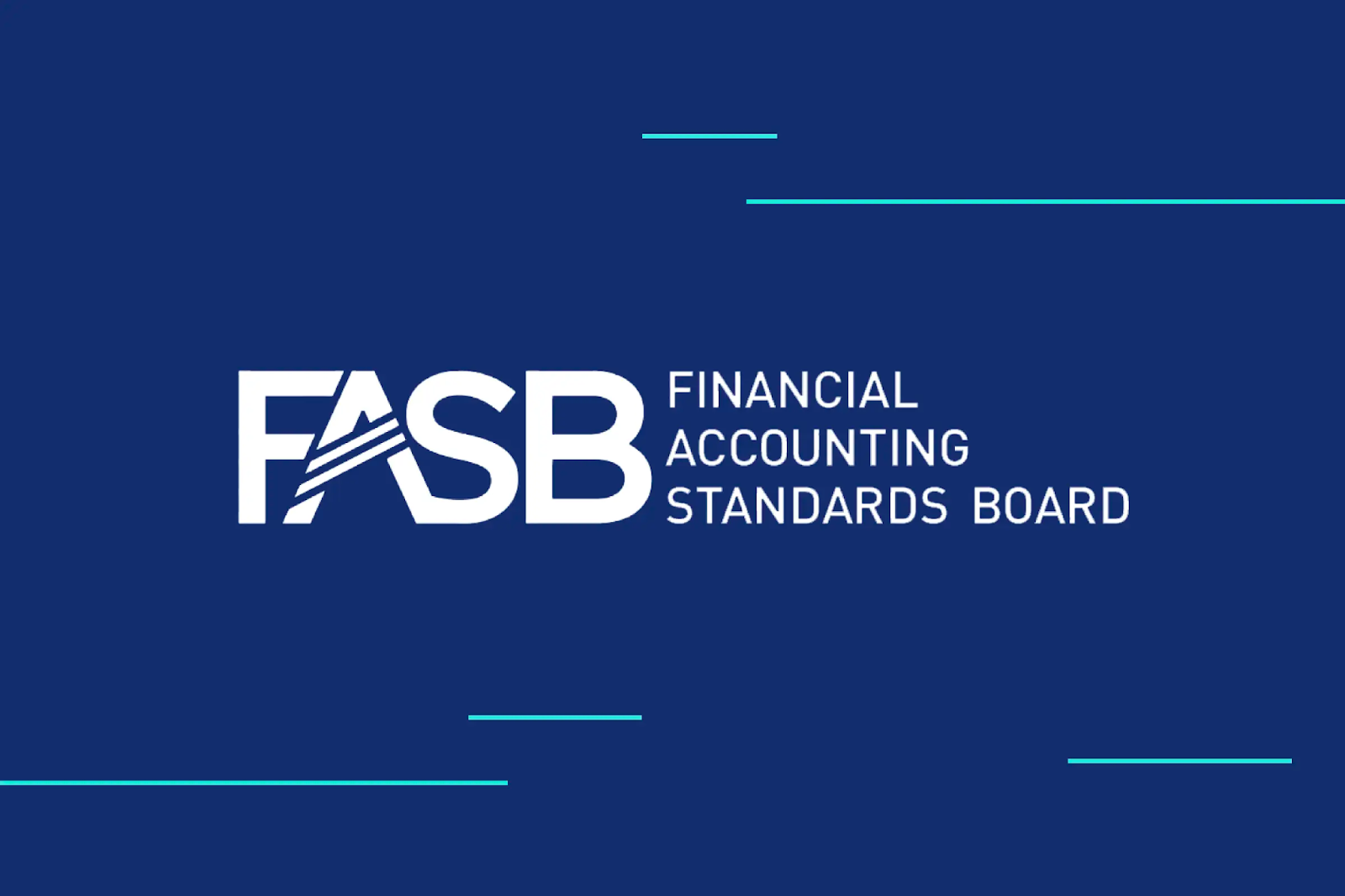Approved Proposal will Dramatically Improve Disclosures Surrounding the Global Tax Practices of U.S. Multinationals
WASHINGTON, DC The FACT Coalition applauds yesterday’s unanimous approval of stronger tax transparency standards by the independent U.S. accounting standard-setter, the Financial Accounting Standards Board (FASB). Under the new proposal, many U.S. companies will now have to provide additional information on their total cash taxes paid at the state and local, federal, and foreign levels, as well as more effectively break down the calculation of their effective tax rates for a given income year. These changes are slated to be finalized later this year, with reporting under the new standards beginning in 2025.
“Time and time again investors have made it clear that they need a closer look into the tax practices of the companies in their portfolios,” said Ian Gary, FACT executive director. “Now, after years of deliberations and revisions, FASB is finally delivering some of these much-needed reforms for investors and the public. This move from FASB only reinforces the need, however, for the Securities and Exchange Commission (SEC) to mandate full, public country-by-country reporting to complement FASB’s updated income tax disclosure standards and provide investors with the complete, comparable data that they have been asking for.”
FASB has been in the process of drafting its proposed revisions to Topic 740, which governs income tax accounting, since 2016. The version of these revisions approved by the Board on Wednesday – still subject to finalization – includes substantial improvements to how both private and public U.S. companies will report their income taxes paid across jurisdictions, as well as how public companies detail the difference between their effective tax rates and the domestic statutory corporate tax rate. Public U.S. companies with foreign operations, in particular, will have to provide a breakdown of certain individual foreign tax effects by jurisdiction and their impact on total taxes paid, dramatically improving the availability of foreign and other tax information for investors and the general public.
FACT has provided feedback on various versions of the proposed updates unanimously approved by FASB yesterday, including on the most recent exposure draft in March 2023. In its comments FACT noted that the revisions “represent an improvement on current disclosure requirements,” but called for additional disclosure, including of revenues broken down by jurisdiction. More broadly, FACT’s comments outlined growing investor support for public country-by-country reporting, a framework under which major multinational corporations are required to publish detailed reports on their offshore operations and tax structures in each country in which they operate.
FASB has noted strong support from investors for its proposed update during numerous public comment periods, reflecting a general appetite among investors for enhanced tax disclosures. During Wednesday’s Board meeting, FASB member Frederick Cannon noted that “A lot of the tax area is a blind spot for investors. I believe this project can address those issues by allowing investors to get a better view of the risks and opportunities in income tax.” As FACT has previously argued, investors need information on the tax practices of companies within their portfolios – and particularly on multinational companies – to assess various tax enforcement, reform, and other risks.
“FASB’s move to require additional tax disclosures for investors is a welcome step forward,” said Zorka Milin, policy director of the FACT Coalition. “When companies take risky tax positions in the interest of short-term profits, those risks are necessarily passed on to investors. That said, it is clear that investors need more information to comprehensively assess these risks than can be provided by FASB alone. In line with growing investor demand, it’s time for the SEC to start the rulemaking process to require public country-by-country reporting for large U.S. multinational filers.”
###
Notes to the Editor:
- Read the most recent version of FASB’s proposed revisions to Topic 740 here.
- Read FACT’s comments on the most recent exposure draft here.
- Watch Wednesday’s full FASB meeting here. The meeting handout outlining proposed changes can be found here.
- Recent analysis by FACT-member Oxfam America demonstrates support for public CbCR by investors with more than $10 trillion in assets under management. The materiality of data provided by public CbCR to investors is the subject of FACT’s latest report, “A Material Concern: The Investor Case for Public Country-by-Country Tax Reporting.”
- While FASB approved the majority of the proposed update as presented in the most recent exposure draft, a number of smaller changes were also incorporated. Maybe the most consequential of these changes was the removal of the requirement for companies to retroactively apply the proposed reporting changes to previous years, instead only incorporating changes for fiscal years beginning on or after December 15 2024.
- For more information on FASB’s income taxes paid and rate reconciliation proposal, and the need for SEC to act on public country-by-country reporting, see this article in Tax Notes by former FACT policy director Ryan Gurule.

